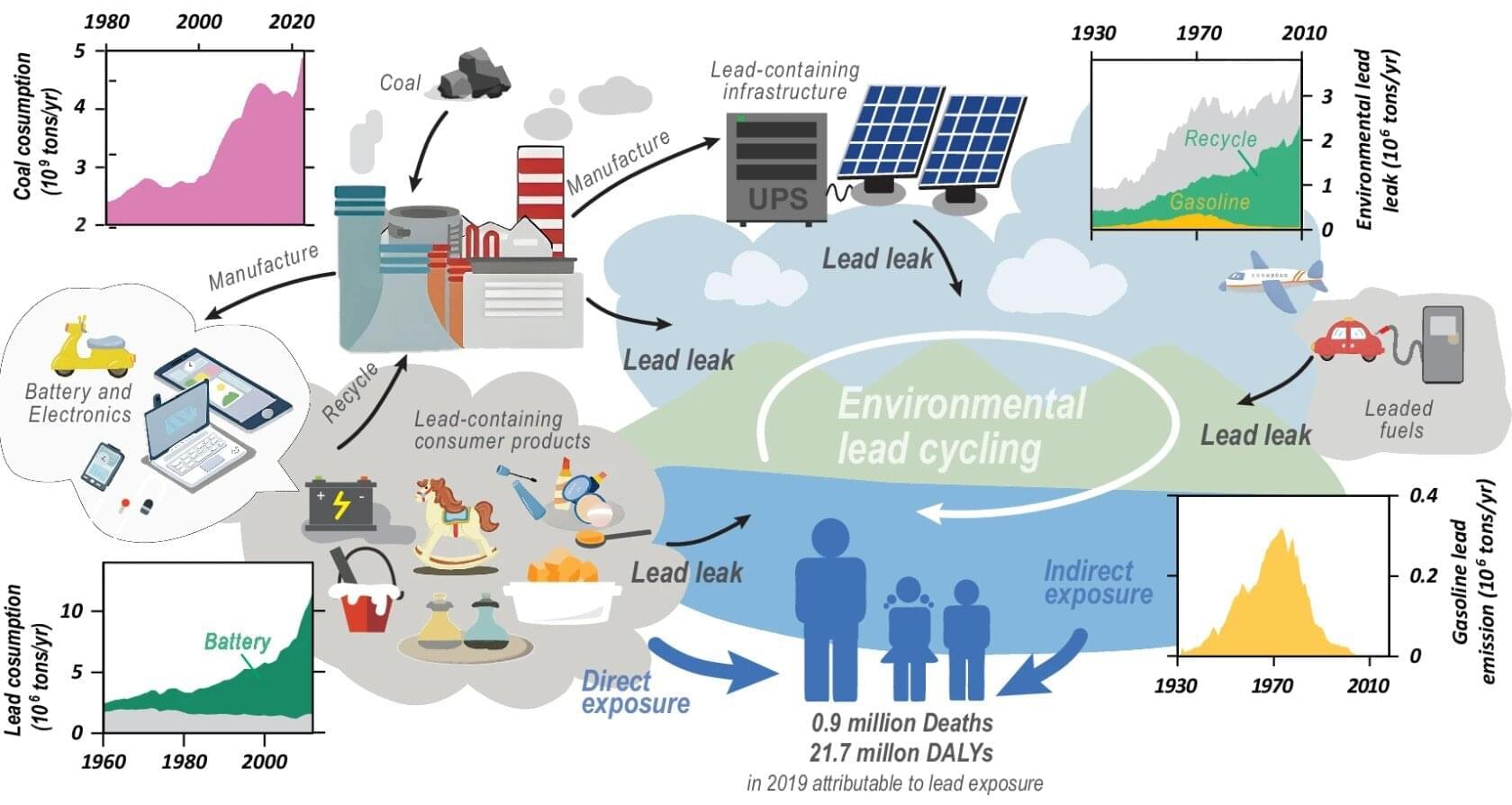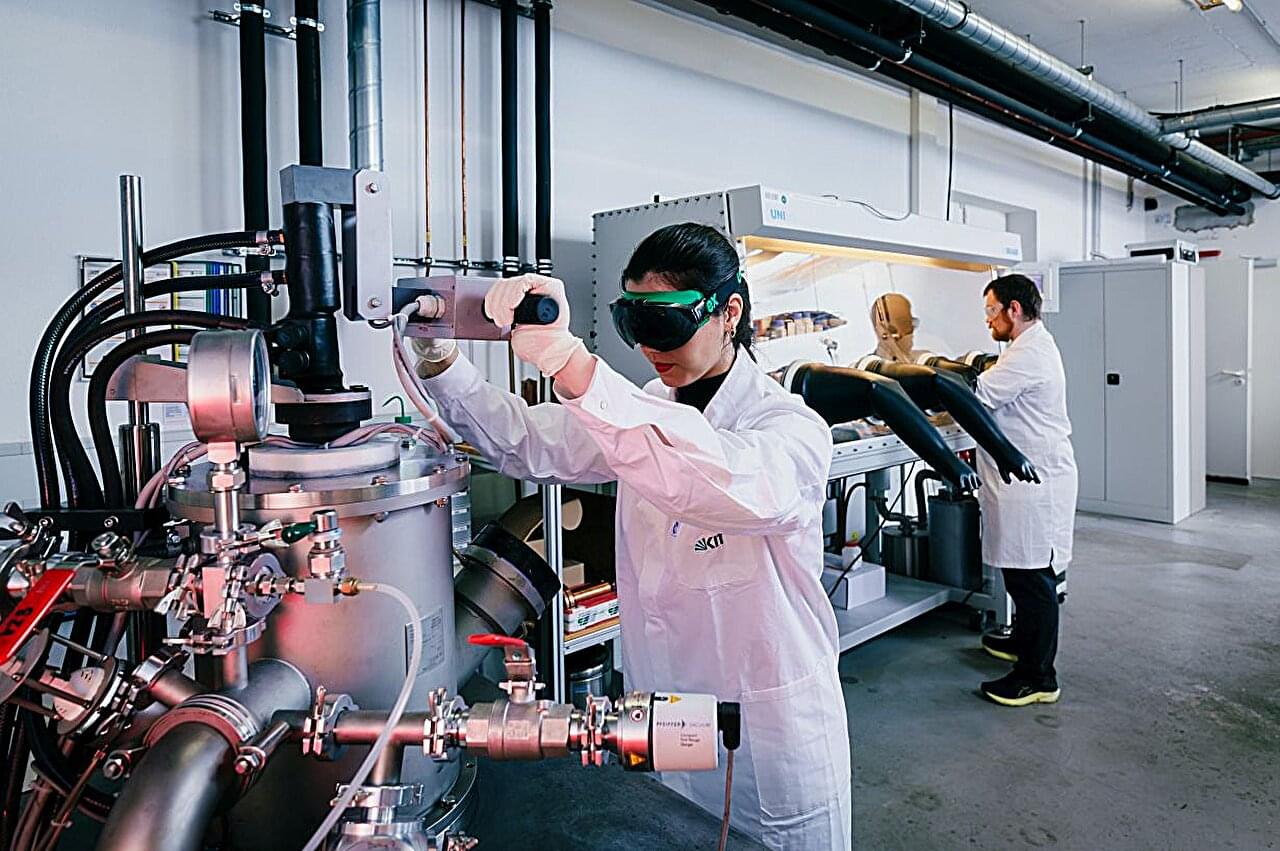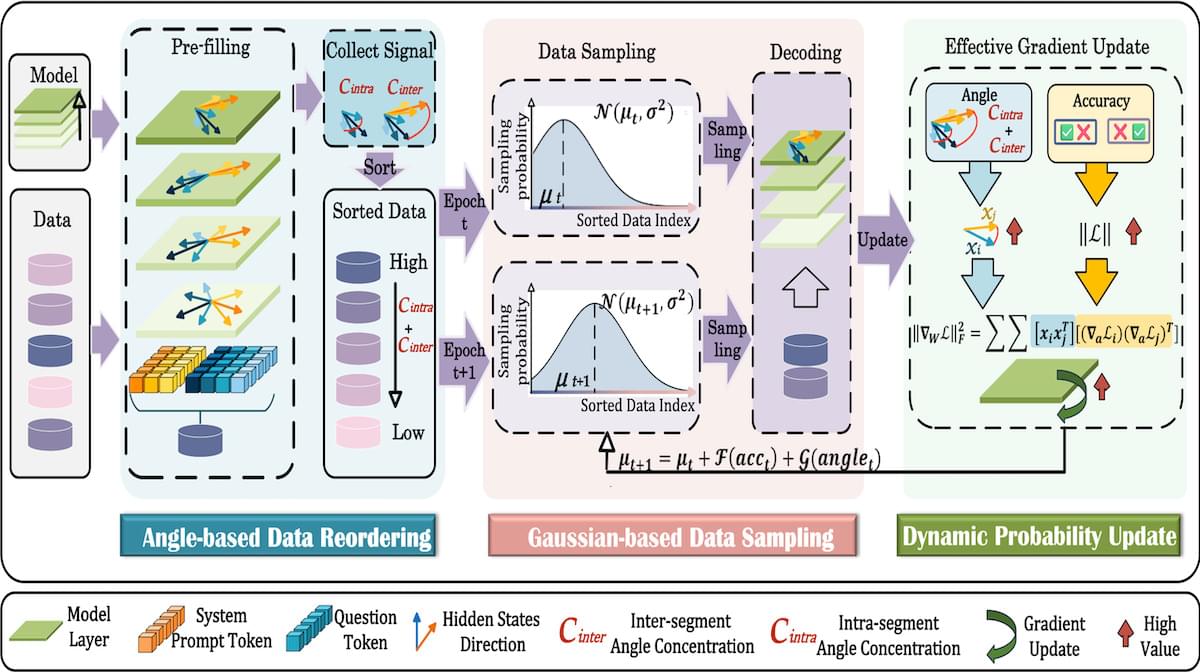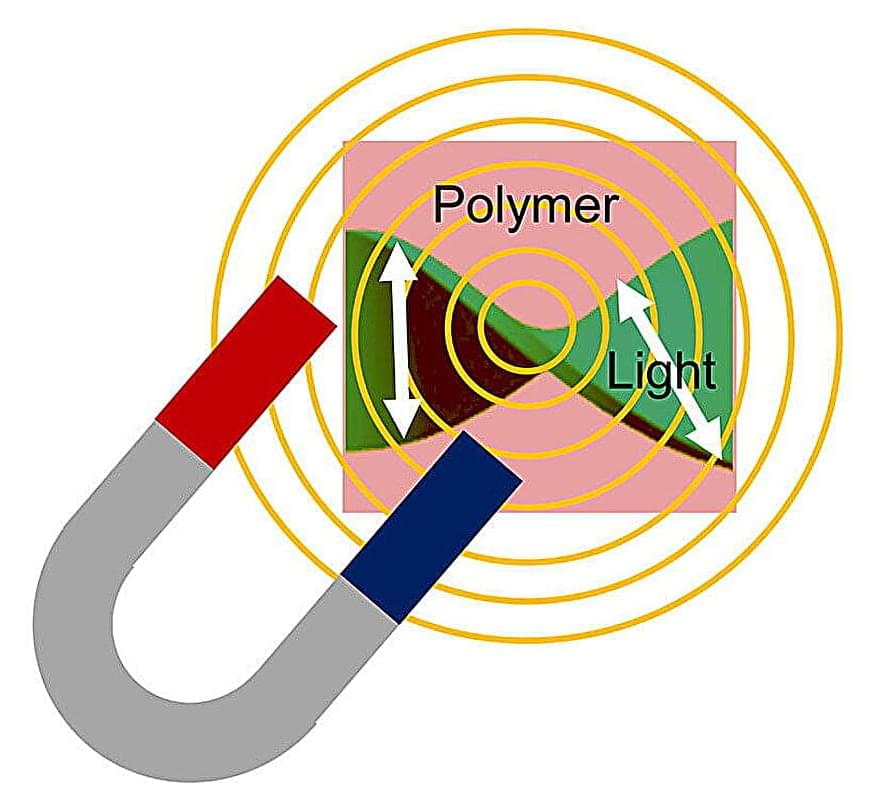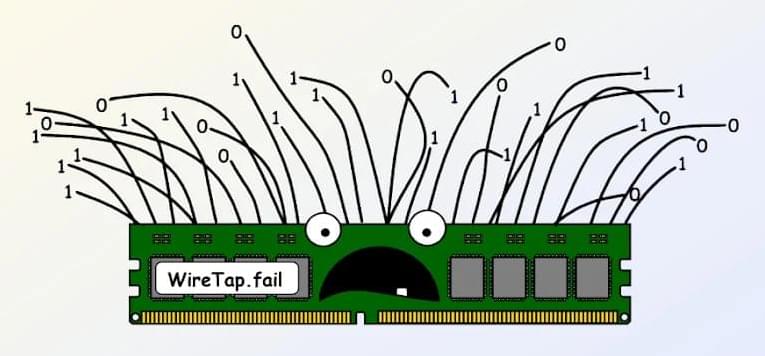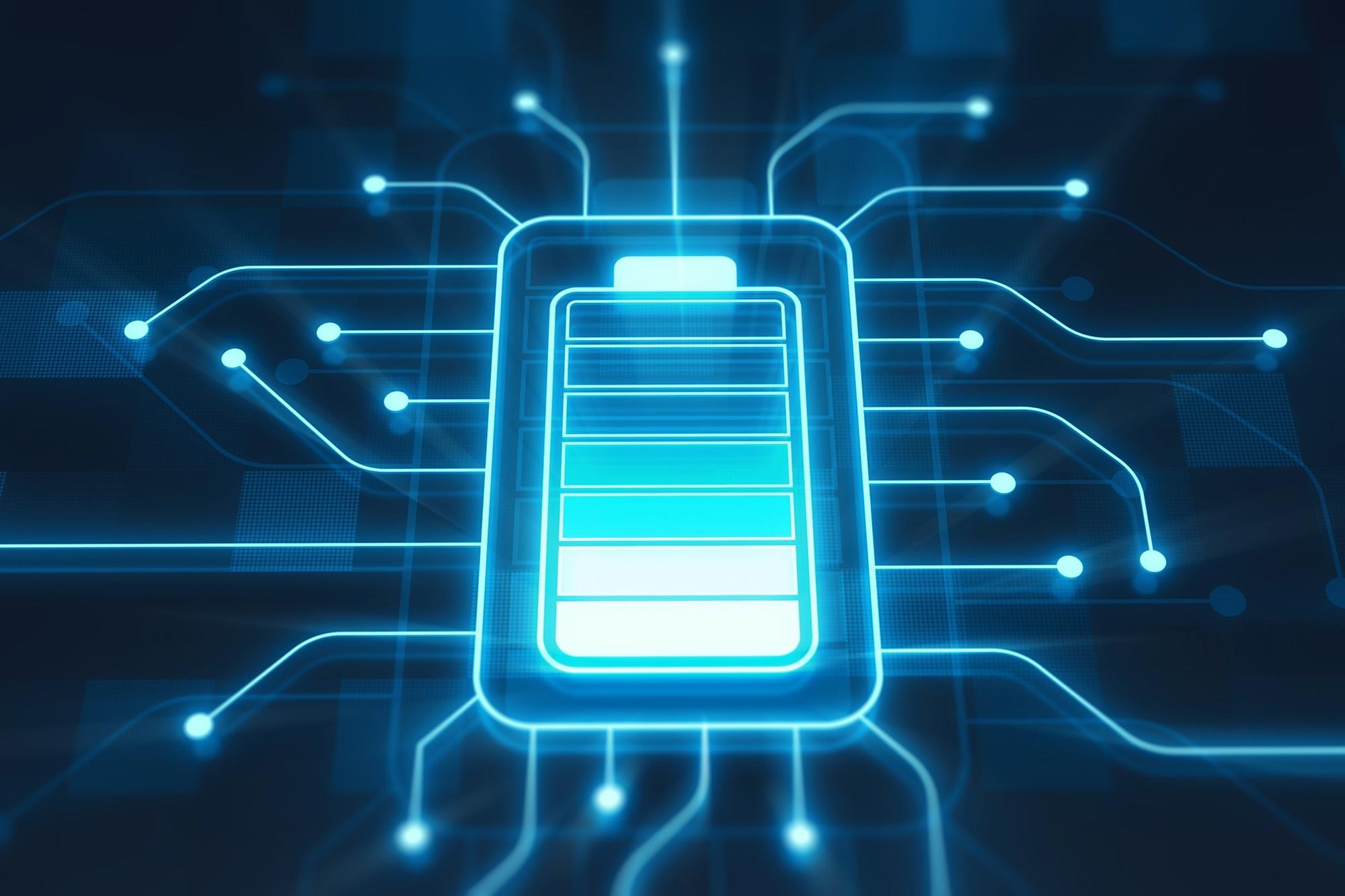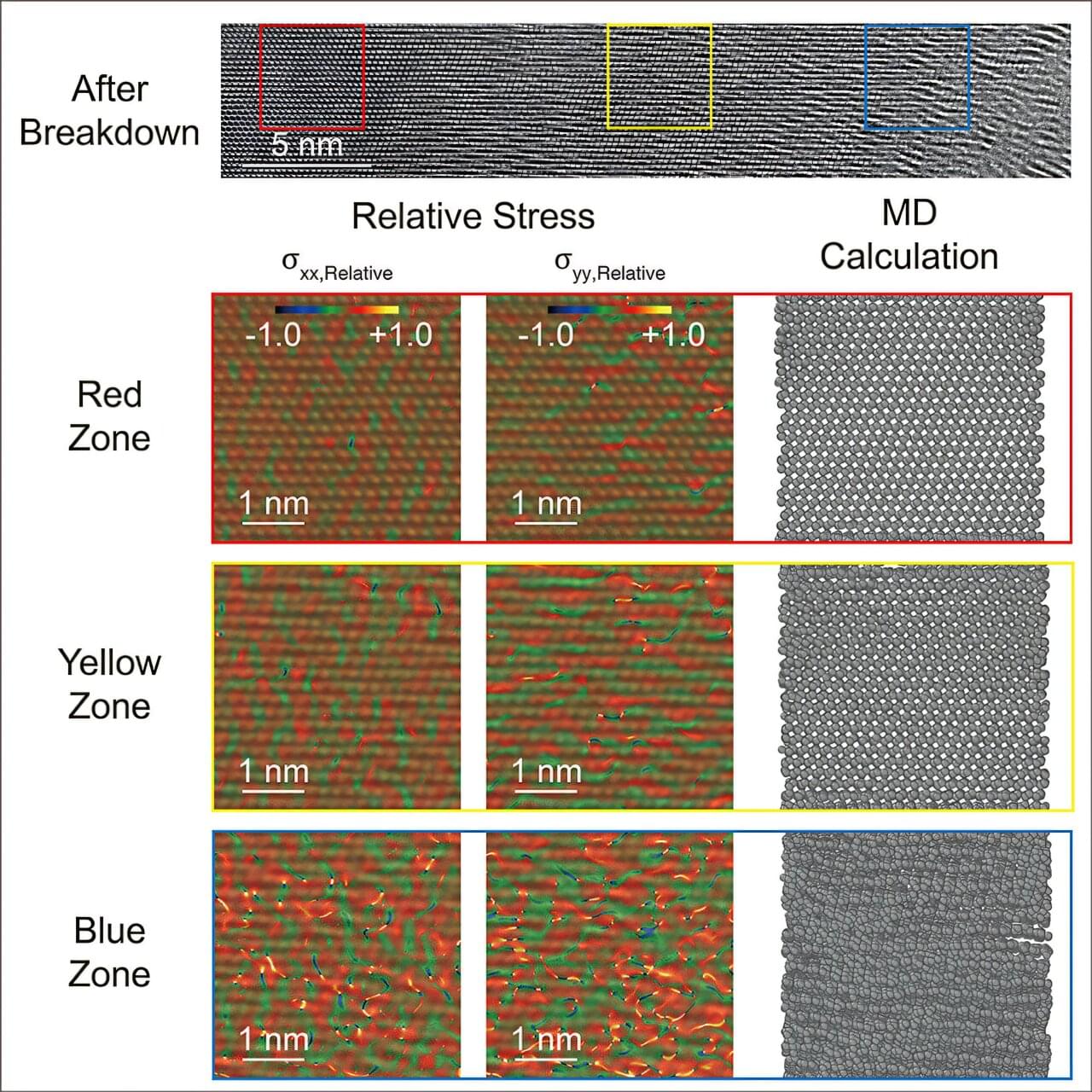Scientists have come up with a new way to improve the safety and performance of all-solid-state lithium metal batteries (ASSLMBs), the next-generation energy source technology that is set to power everything from electric vehicles to renewable energy grids.
Most batteries that are in common use today contain flammable liquid electrolytes. The next evolution in batteries is the ASSLMB, which replaces the flammable liquid with a non-flammable solid material to move electrical charge between electrodes. While they are significantly safer, there is a critical flaw that prevents them from being reliable and long-lasting. That is, repeated charging and discharging cause gaps to form between the solid lithium metal anode and the solid electrolyte, which means the battery quickly breaks down and stops working.
To solve this problem, researchers from the Chinese Academy of Sciences developed a self-healing layer they call DAI (Dynamically Adaptive Interphase) that keeps the battery connected.

